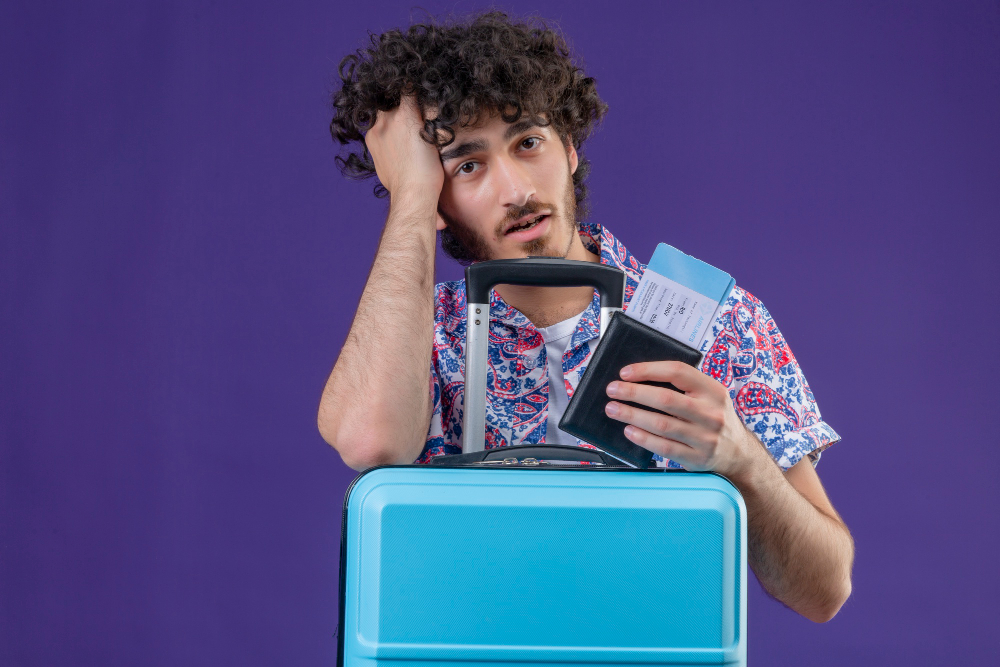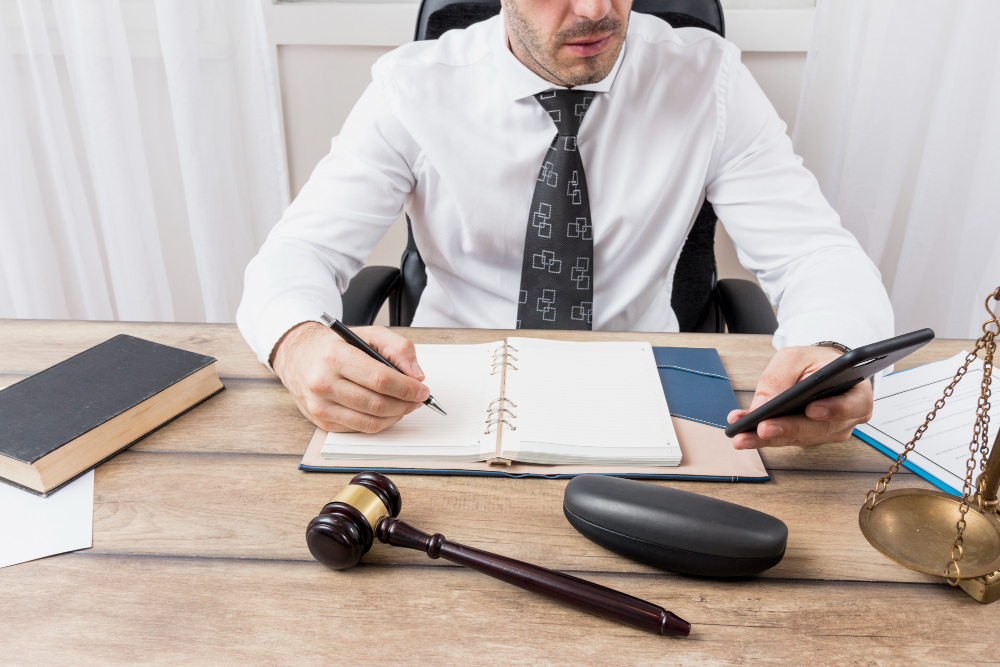- Info@anzgloballawassociates.com
- 03008618785
- 03266315224
Immigration opens doors to global opportunities—be it for education, employment, business, or family reunification. However, the path to securing a visa is rarely smooth. For many applicants in Pakistan, immigration comes with a range of challenges that can cause delays, rejections, or even legal consequences. Understanding these common immigration issues is the first step toward a successful and stress-free journey abroad.

One of the most common reasons for visa denials is incorrect or incomplete documentation. Each country has specific requirements depending on the visa category (e.g., student, work, visitor, spouse). Missing paperwork, outdated information, or errors in application forms can lead to immediate rejection.
Solution:
Seek legal assistance to ensure your documents are correctly prepared, verified, and submitted according to embassy guidelines.
Immigration laws and visa policies often change due to political, economic, or public health reasons (like COVID-19). Applicants are often unaware of the latest updates, which can lead to filing under outdated procedures or choosing the wrong visa category.
Solution:
Stay updated through official embassy websites or consult an immigration lawyer who is informed about current legal frameworks.
Solution:
Seek legal assistance to ensure your documents are correctly prepared, verified, and submitted according to embassy guidelines.
Many applicants face difficulties during visa interviews, including language barriers, nervousness, or inconsistency in answers. Poor performance in interviews can lead to visa denial even if documentation is complete.
Solution:
Professional interview preparation with a legal consultant can significantly increase your confidence and chances of approval.
Visa rejections are not the end of the road. Many applicants don’t realize they have the right to appeal or reapply. However, appealing a decision requires a strong legal argument and supporting documentation.
Solution:
A qualified immigration lawyer can guide you through the appeal process, represent you legally, and improve your chances of success.
Sadly, many applicants fall victim to unlicensed agents or online scams promising “guaranteed visas.” These frauds not only waste money but may also result in bans or legal consequences.
Solution:
Always work with licensed law firms and verified immigration consultants who follow legal procedures.
Immigration is a life-changing step, and minor errors can lead to serious setbacks. Having an experienced legal advisor by your side ensures:
Document accuracy
Proper visa category selection
Timely application submission
Representation in appeals or rejections
At ANZ Global Law Associates, we have years of experience helping clients navigate complex immigration systems across the UK, Canada, Australia, Europe, and beyond.

Contact us today for expert legal consultation and make your immigration journey smooth and stress-free.
Answer: Common reasons include incomplete documentation, applying under the wrong visa category, inconsistencies in the application, poor performance during the visa interview, or failure to meet eligibility criteria.
Answer: Yes, in most cases, you can reapply or appeal the decision. However, it is important to understand the reason for rejection and seek professional legal advice before taking the next step.
Answer: An immigration lawyer ensures that your documents are accurate, helps you choose the correct visa category, prepares you for interviews, and represents you in case of appeals or legal complications.
Answer: Requirements vary by country and visa type, but commonly required documents include a valid passport, proof of financial means, academic or professional certificates, letter of admission or job offer, and police clearance certificate.
Answer: Always work with licensed and registered immigration lawyers or consultancies. Avoid individuals who promise “guaranteed visas” or ask for large payments without contracts or receipts.
Answer: Processing times vary depending on the destination country, visa type, and complexity of the case. Some may take a few weeks, while others can take several months.
Answer: Most visa categories require an interview at the relevant embassy or consulate. Preparing well for this interview is crucial, as it can significantly impact the outcome of your application.
Turn your study abroad dreams into reality with expert guidance, hassle-free visa processing, and top university placements. Let us help you take the first step toward a brighter future!
🔹 Personalized Counseling | 🔹 Visa Assistance | 🔹 University Admissions
Copyright © 2025 All Rights Reserved by anzgloballawassociates

WhatsApp us